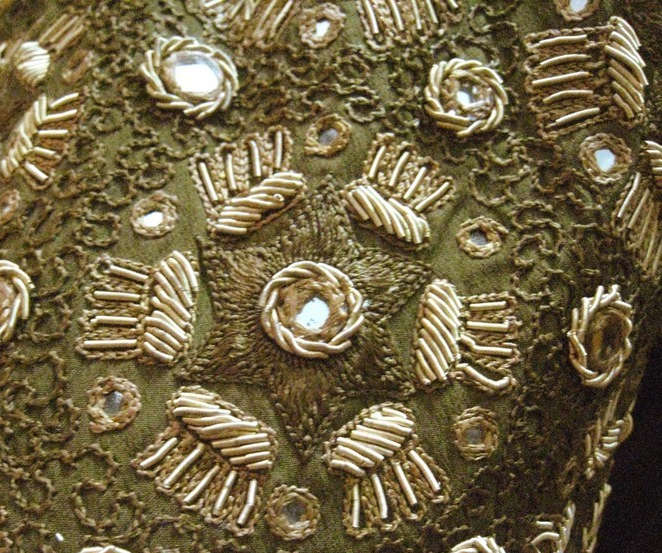===
0109,
4
===

=== |
 |
FWP:
SETS == MIDPOINTS
MOTIFS == BONDAGE; LIFE/DEATH
NAMES
TERMSWhat an excellent point SRF makes about the use of kaa ! We can even capture the same effect in English: one can be a captive or prisoner 'of' something, with a strong sense of emotional bondage; this is very different from being a captive or prisoner 'in' something (e.g., in a cell) with its clearly physical range of meaning. Without SRF's observation, I wouldn't have spotted this excellent but subtle effect.
What about the 'hundred gardens' that were under the single wing? First of all, the 'bird of the spirit' could then fly far and freely, ranging at will over countless beautiful scenes. Now he can't fly at all, and is confined to the mere space of the body. Second, the gardens might have been those of Paradise, so that the bird would have truly lived in bliss. Third, they might have been 'his' [us ke] gardens, rather than ones found under 'his' wing (since the grammar of the line permits either reading), and this would suggest that he held in those days a particularly high spiritual rank. And fourth, since these gardens were under a 'single' wing, they obviously didn't exhaust the powers and estates of the bird. What might this 'bird of the spirit' have had under his other wing?